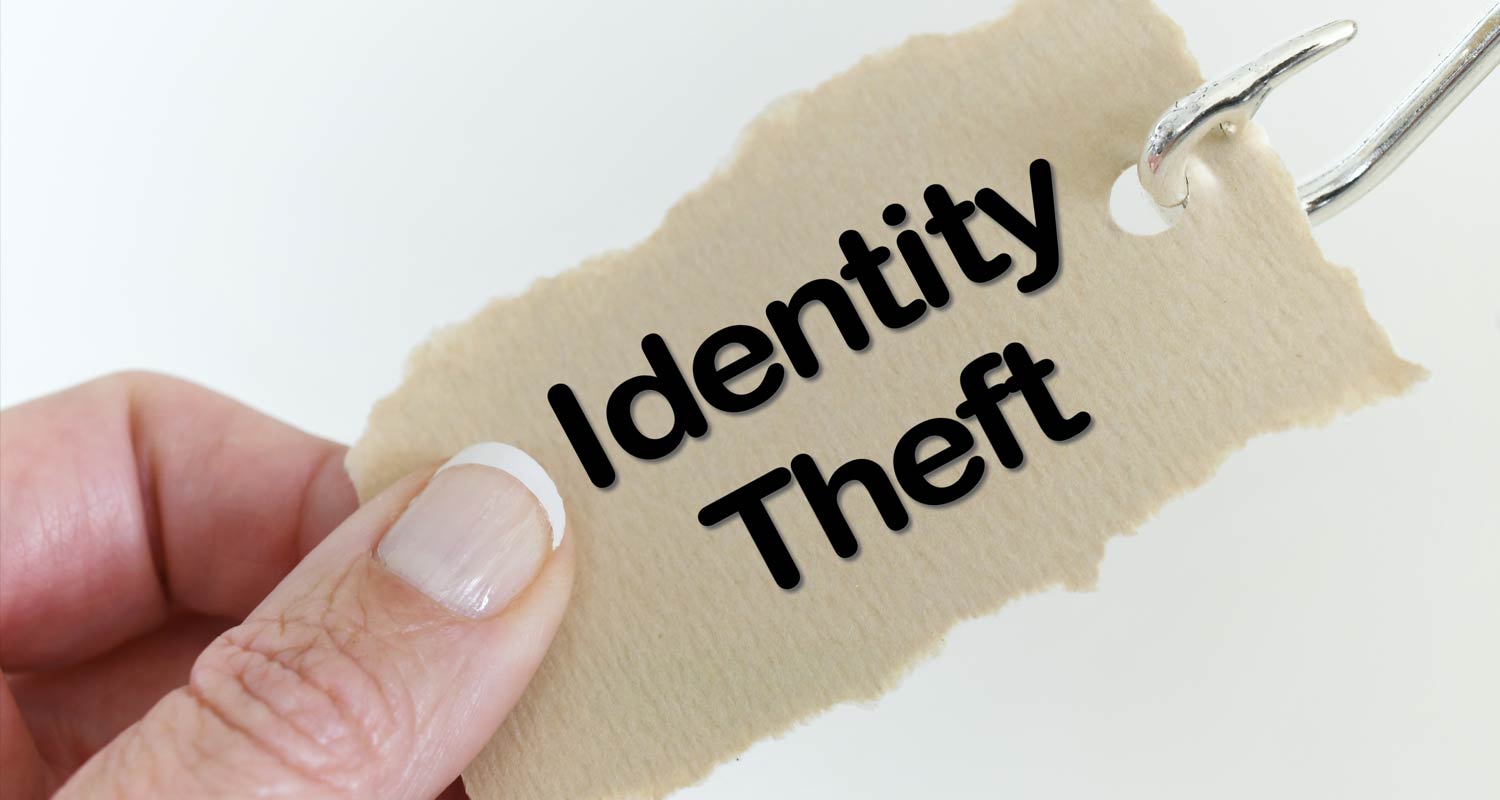
Paper-based systems that create loopholes for corruption must be replaced by “watertight” digital systems, the home affairs minister has said.
New home affairs minister Leon Schreiber has called for the modernisation of the systems at home affairs from manual, paper-based procedures onto digital platforms.
Speaking to Bongani Bingwa on Johannesburg’s 702 radio station on Monday, Schreiber said the digitisation of manual systems will close the loopholes allowing corrupt officials and the syndicates they team up with to perpetrate identity fraud within the department.
“The question we need to ask is why it’s possible for these officials to manipulate the system. How does it work that one individual can process 192 fake passports? The answer is very clear to me: we have way too much discretion of humans to intervene in the system,” he said.
“In other words, when things are paper based, when they are not being tracked, when they are not digital or online, there is just far too much space for people to exercise discretion and say, ‘If you pay me something, I will process it in the following way.’ That is why the really fundamental reform we need at home affairs is digital transformation.”
Schreiber said home affairs needs to follow the example set by the South African Revenue Service, which also relied on paper-based systems for a long time, by overhauling its processes onto a “watertight” online system that “has dramatically enhanced efficiency and reduced corruption”.
Miss South Africa
Schreiber discussed the high-profile case of the mother of former Miss South Africa contestant Chidimma Adetshina, who was under investigation by the department for suspicion of identity fraud. Schreiber said he would first report to parliament before giving more details to the media regarding the investigation’s findings. He also pointed out that such cases are “symptomatic of larger systemic issues”, with the lack of secure digital systems at home affairs chief among them.
Home affairs has blocked many ID documents that are either suspected to be fraudulent or have been used in fraudulent activity. Many South Africans who are victims of fraud have been blocked as a consequence. Shreiber encouraged all those with blocked IDs to approach the department to help it “separate the real from the fake”.
Schreiber also encouraged South Africans with green ID books to apply for the more secure and digital ID cards. “If you want to combat fraud, please go replace your green ID book with a smart ID. You will find that your green ID book is more susceptible to fraud. In fact, some research suggests it is the most forged document in Africa.”
 The matter of 95 Libyan nationals who entered South Africa illegally and stayed in a military training camp near White River in Mpumalanga also took centre stage in the interview. While the group has been deported, Schreiber said it was “unacceptable” that these foreign nationals could enter South Africa using handwritten documents, another sign that digitisation is urgently needed.
The matter of 95 Libyan nationals who entered South Africa illegally and stayed in a military training camp near White River in Mpumalanga also took centre stage in the interview. While the group has been deported, Schreiber said it was “unacceptable” that these foreign nationals could enter South Africa using handwritten documents, another sign that digitisation is urgently needed.
“In the year 2024, how is it possible that someone can enter a country with a handwritten document. How easily can a handwritten document be forged?” Schreiber asked. “We need to move away from all this human interaction, handwritten documents and going to foreign missions. The technology is there in 2024; we must secure the system, we must allow online applications and we must circumvent all these opportunities of potential fraud happening.” — © 2024 NewsCentral Media




